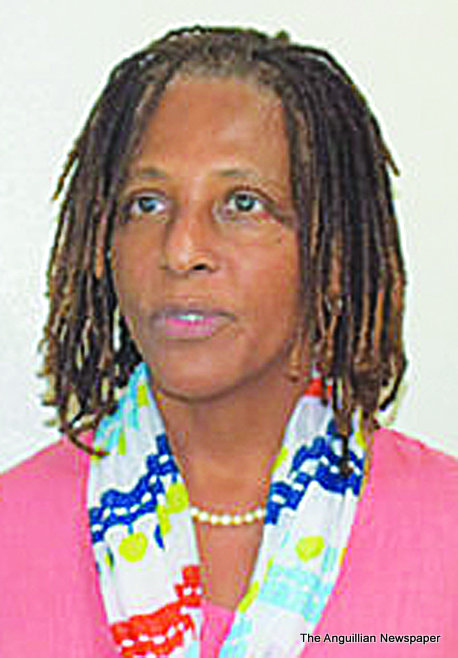
Mr. Timothy Hodge
The Anguilla Social Security Board is continuing on a path to self-transformation. This is being done, while significantly improving its organisational performance and development. By this, it will be better positioned to deliver a wide range of benefits and other services to the people of Anguilla.
In order to achieve where it wants to be in the next few years, and certainly by 2025, the Social Security Board has again brought in two consultants, from Strategic Alignment Institute in Jamaica, who were previously involved in a workshop in April 2018 for the commencement of the transformational initiative. They are Mr. Robert Wynter, the Managing Director, and Ms. Nikoda Campbell, the Client Services Manager. Their engagement this week involved training the Social Security staff, among other assignments. As part of the transformational drive, there is already a noticeable change in the layout of offices, surrounded by attractive cubicles, where the occupants have also taken on a new look in attire and general deportment.
Director of Social Security, Mr. Timothy Hodge, called a press conference on Tuesday, February 11, when he and the consultants spoke about the transformational undertaking. “The Social Security Board rolled out its plan in January 2019, and there are eleven strategic initiatives,” Mr Hodge explained. “Mr. Wynter is now in Anguilla, again, working with the Board to develop and implement four of those strategic initiatives.”
Asked what those four initiatives were, Mr. Wynter replied: “The initiatives are: strengthening Board governance; strengthening leadership and management; culture change; and the performance management system. We are also working to implement the strategy monitoring system as well.”
He went on: “Without these initiatives being implemented, nothing would change the Social Security Board – and it will just remain in the status quo position. So these are the major initiatives for the change to really happen in the organisation. This is not how the Board operates but how it goes about to organise itself so that it can hold the management accountable in implementing the strategy, and improving the performance of the organisation.”
Meanwhile, Mr. Wynter said that following this week’s training programme, each member of the management team would have his or her own development plan to implement over the next twelve months as part of the transformational initiatives.
Replying to a question relating to the filtering down of the Social Security’s transformational drive to the ordinary man on the street, who is a contributor to the system, Mr. Hodge replied:
“For us, it is not an academic exercise. It is about a culture change which means that we must reflect on where we are; what we are supposed to be doing; how we do it; and, of course, our impact on the ordinary man on the street. What we are hoping is that the social security institution itself is transformed to better provide the quality service, benefits and other initiatives we promised.” He added: “We promised our citizens our beneficiaries, employers and our staff that we will be an institution that is transformed – and to deliver transformational social security.
“Social security is transformational so it will affect the ordinary man on the street. It will transform the life of somebody who would otherwise have been going home without a pension, or who would be sick and unable to work without knowing where the next dollar would come from. If we want to deliver transformational social security then we must be transformed.”








